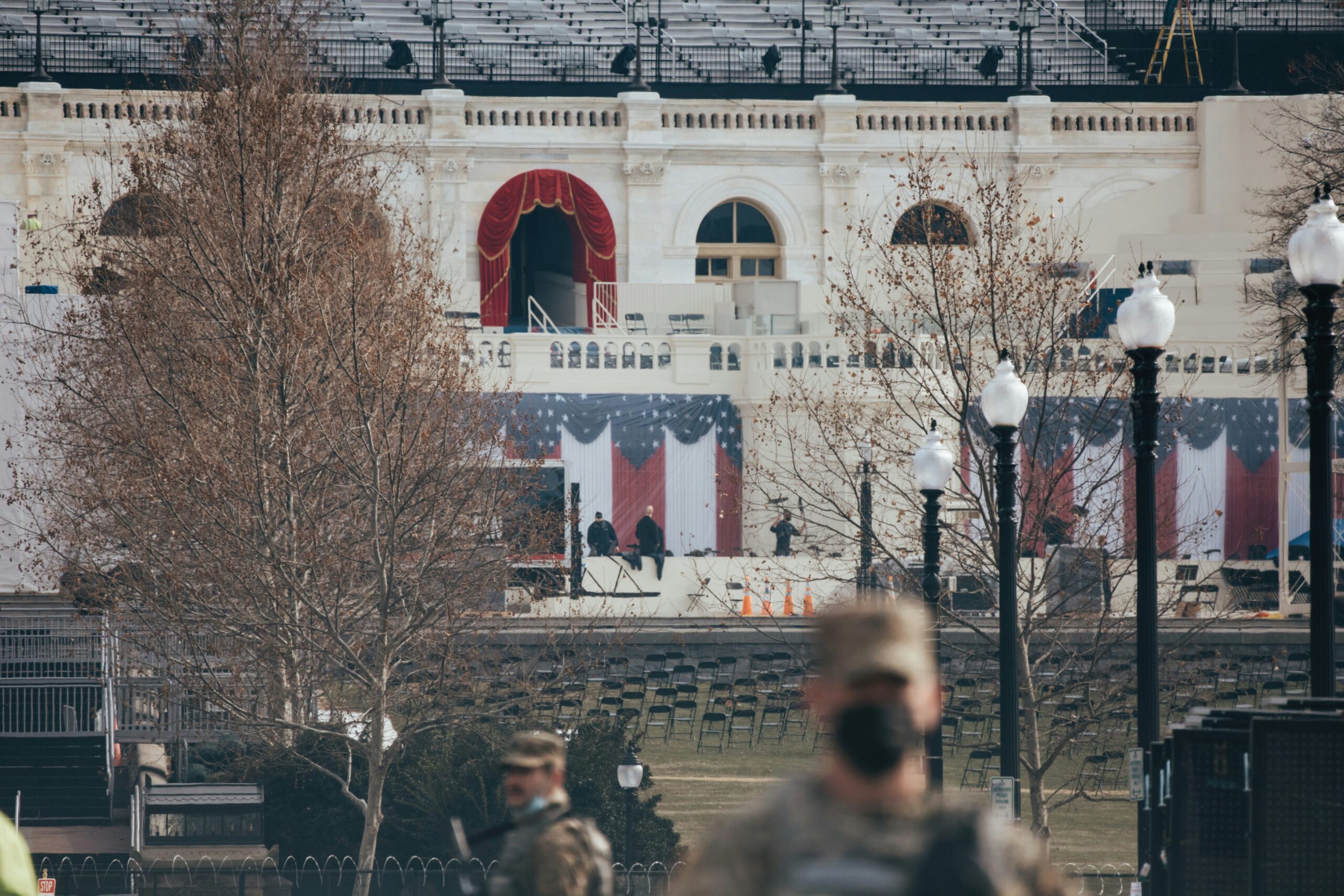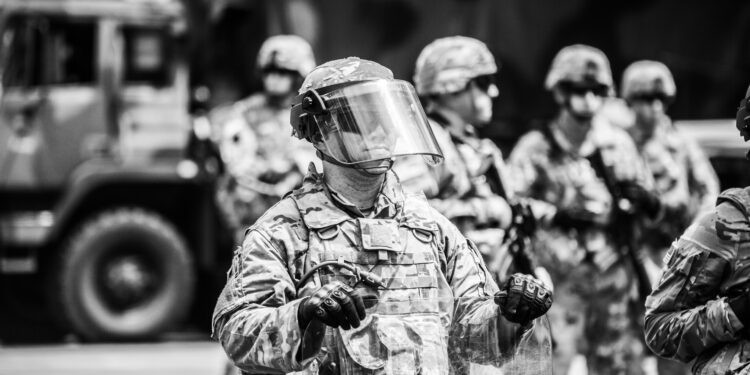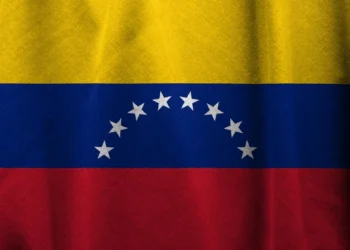The arrival of National Guard troops in Illinois, federalized against the explicit opposition of state and city leaders is a constitutional crisis in the making. President Trump’s attempt to unilaterally use military assets from Texas to enforce his domestic immigration agenda in Chicago is a blatant presidential overreach that threatens to fundamentally damage the delicate balance of US federalism and the non-political nature of our armed forces. This action must be viewed not as a necessity for public safety, but as a deliberate escalation intended to intimidate political opponents and militarize immigration policy.
The administration’s deployment is predicated on branding Chicago (and other Democratic-led cities like Portland and Los Angeles) as “war-ravaged” areas gripped by “violent riots and lawlessness.” Governor Pritzker is right: this feels less like a necessary public safety measure and more like an authoritarian march intended to sideline a non-compliant state government.
The crux of the legal challenge, set for a hearing this Thursday, lies in the unconstitutional use of the National Guard for domestic law enforcement. Guard units, when federalized without the governor’s consent, fall under Title 10 authority, but they are still sharply limited by the Posse Comitatus Act, which prohibits the use of the military for civilian policing.

The assigned role of merely protecting federal personnel and property is a pretentious veil. When federalized, National Guard members are used as political props whose very presence escalates local tensions, as seen by the recent clash involving U.S. Border Patrol agents and a civilian shooting incident.
The Mayor’s executive order banning ICE from using city property is a direct, necessary act of local defiance against what he correctly calls an “illegal, unconstitutional, and dangerous” federal maneuver. This is a critical battle for state sovereignty and the anti-commandeering principle of the Tenth Amendment.
Why It Matters
The most worrisome aspect of this confrontation is President Trump’s repeated suggestion that he would invoke the 1807 Insurrection Act if courts attempt to block his deployments. This ancient law is the nuclear option of executive power, allowing the President to deploy active-duty military to perform law enforcement functions.
Invoking the Insurrection Act is only justifiable when a state is experiencing an insurrection or rebellion that local authorities are unwilling or unable to suppress. To suggest that protests against immigration enforcement constitute an “insurrection” that warrants turning U.S. cities into military theaters is a severe—and arguably abusive—stretching of the law’s intent.
Past uses, such as enforcing school desegregation in the 1950s or responding to the 1992 LA riots (at the request of the state), involved genuinely dire domestic crises or a failure to uphold federal civil rights law. Trump’s threatened use is purely to overcome political opposition and judicial scrutiny, which would represent an unprecedented and deeply worrying expansion of executive emergency powers. By framing court rulings and gubernatorial resistance as a form of “legal insurrection,” the administration is dangerously undermining the rule of law itself.

















